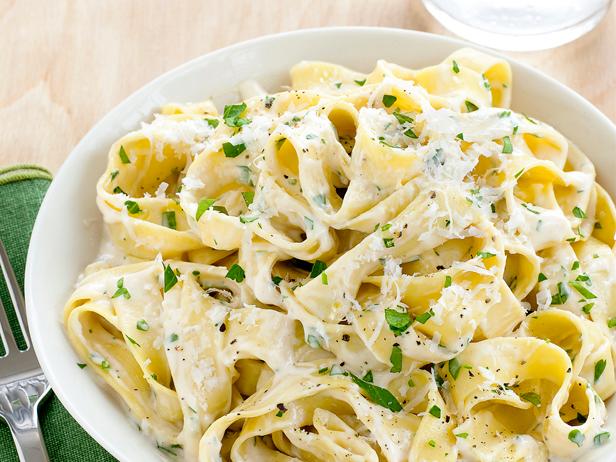
Pasta is one of the most versatile ingredients to use as a base of a delicious dish. And many of us know wonderful recipes which incorporate this versatile ingredient fantastically. However not many of us know how to be “scrappy” with pasta and in general other ingredients. Not many of us know how to go into our fridge or pantry, and not have a recipe or dish in mind when we cook. Today we have lost our ability to be creative in the kitchen and to create our own dishes or spins on dishes we all know well. In this post I am going to take us back to school and teach us fundamental ways of cooking with pasta that not many of us know about.
Many cultures around the world use pastas or some variance of this ingredient as the base of many dishes. And many of us home cooks copy and make these dishes at home to try. But not many of us know how to merry ingredients together to make something new. Even I struggle with doing this, but cooking with pasta can be an easy way to get creative with a pan again. And in understanding how restaurants and chefs use pastas and sauces can give us the foundation to creativity.
First Steps:

When making a pasta dish there are hundreds of sauces, ingredients and paths you can take to making a delicious dish. In this blog post we will be covering a white sauce or most commonly known to as a cheese sauce. Our first steps in this process are to first be boiling water. We all know how to put water into a pot and heat it up to a boil. But there are ways in which people differ on how to prep the water for the pasta to be introduced. Some people put oil in the water or some kind of seasoning to season the pasta. I am going to unequivocally tell you that these are not necessary. The only preparation you need to do is salt the water.
Salting the water is not only a traditional step in Italian cooking when using pasta. But it also seasons the pasta and ensures that the pasta does not stick to itself. Putting oil in the water does not ensure the pasta will not stick to each other because the oil floats to the top of the water and hardly comes in contact with the pasta.
Salting the water also seasons the water itself, which is extremely important because the salted and starchy pasta water will be the base of your sauce. Not many people realize but when you make a sauce out of cheese and oil or butter it does not stick to the pasta very well and the cheese itself does not emulsify in the oil. If you have every put, for instance, parmigiana cheese in pasta with oil the cheese itself clumps up and does not get creamy.
This youtube video by Bon Appetit is a wonderful instructional video on how to be creative with your ingredients and merry them with a sauce in the pasta. And it speaks to how to instead of wasting the wonderful starchy water you make use of it as the base of your sauce. By watching this video you will not only learn to make a great cheese sauce, but also be able to have flexibility in your choice of ingredients and merry those ingredients and pasta to your sauce instead of having vegetables, pasta and a sauce at the bottom of your bowl.